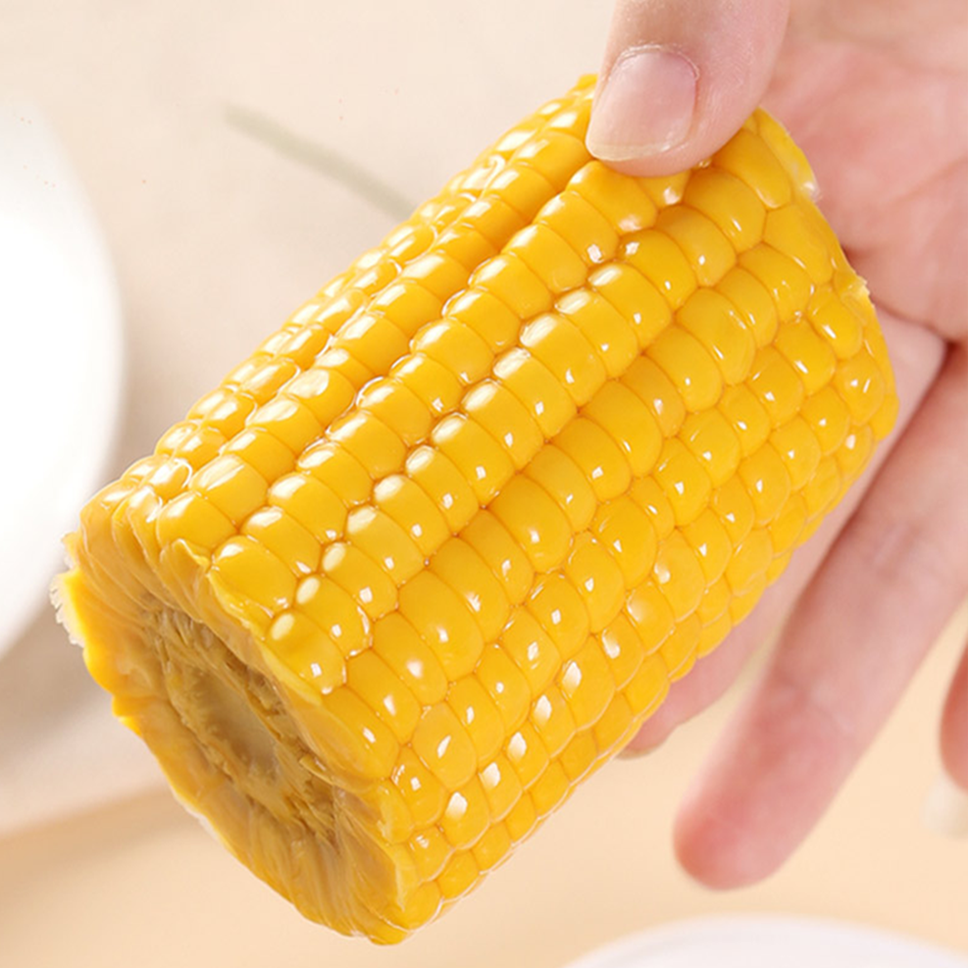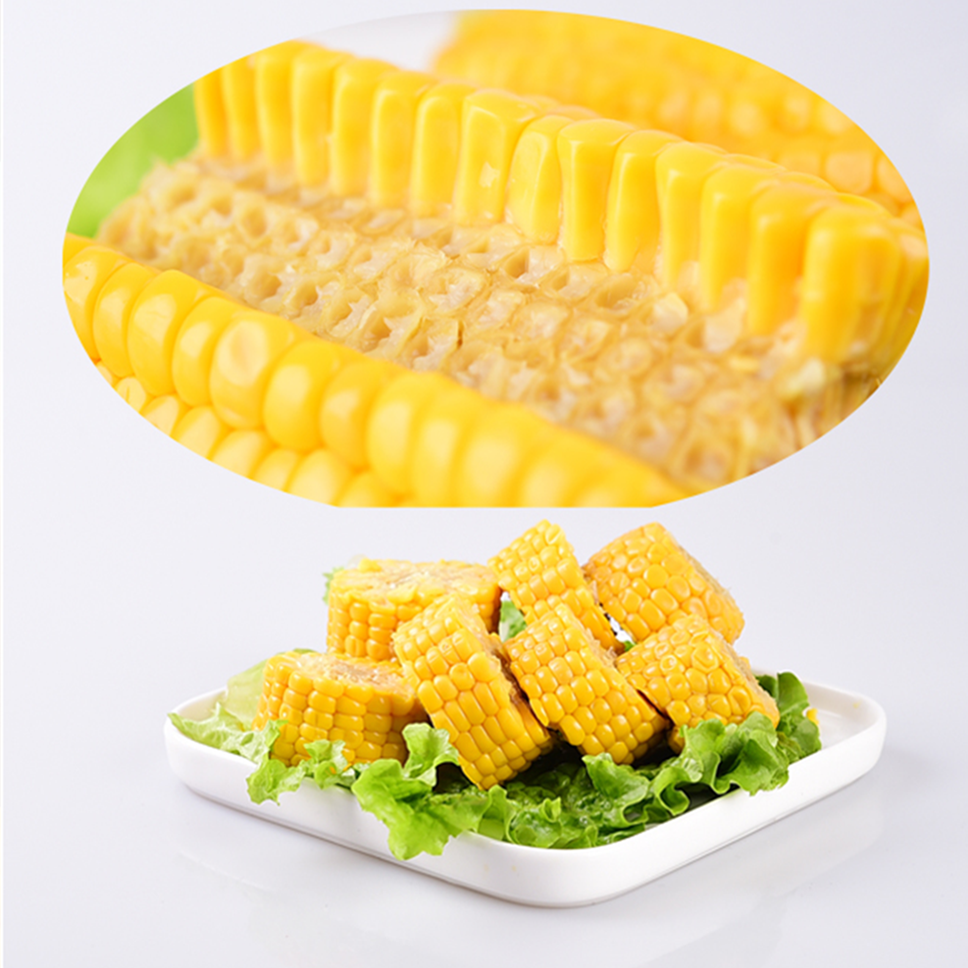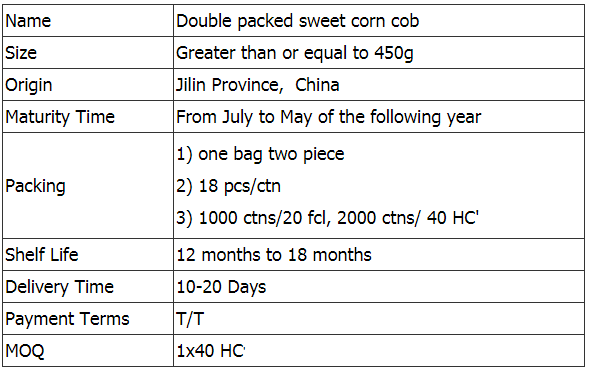Then, in the next few years, when dozens of popular branded drugs welcome generic competition, beneficiaries, taxpayers, employers, unions, etc., which are companies or individuals that pay for prescription drugs, will also include generic drug manufacturers. , drug wholesalers and drug welfare management agencies, will usher in what kind of situation.
The beneficiary gets a higher profit
Generic pharmaceutical companies: Israeli Teva, US-based Mylan, Watson and other generic manufacturers will share billions of dollars in the market.
Pharmaceutical welfare agencies: MedcoHealth Solutions, ExpressScripts Inc. and other companies participating in the health insurance plan for retail and mail-order purchases of prescription drugs will all benefit from this competition. Since the agency serves a large number of self-insurable employers, insurance companies, Blue Cross/Blue Shield projects, medical management organizations, and government health care programs, there is no doubt that they save a lot of their customers when generic medicines are used for large health plans. The funds, which also increase the income of these governing bodies themselves.
Drug wholesalers: McKesson Corporation, Cardinal Health, AmerisourceBergenCorp, and other drug wholesalers, who will distribute medicines purchased from wholesalers in drugstores, drugstores, hospitals, and health care facilities. And can provide intravenous injection of specialist doctors and other drug taking place. In general, for generic drugs, there are certainly more than one manufacturer, so generic companies will provide superior supply conditions compared to the original brand drug companies. In addition, many companies compete, so compared with brand drugs. Drug wholesalers will benefit more from generic drugs.
Hospitals and health resorts: In these institutions, for patients with medical insurance and medical assistance and private insurance, the cost of daily treatment or the entire disease treatment cycle is usually set, so despite the fact that employees Compared with high-tech treatment equipment and facilities, the use of low-priced generic medicines saves a small portion of expenditures, but they can still save costs for these organizations before the contracts with patients are updated.
Losers Lose Billions
Manufacturers of branded drugs: It costs billions of dollars to develop a new drug. After the new drug is launched, the original manufacturer will have a market exclusivity of more than ten years. This uncontested time will depend on the 20-year reduction period since the patent application was filed. The time taken to get animal experiments, human trials, and drug listing registration applications to be approved. Once brand drugs are hit by generic drugs, billions of dollars are lost in just one year.
Media: Advertising media such as television networks, magazines, newspapers, radio stations, and print ads. According to Nielsen's report: Last year, pharmaceutical companies invested $3.97 billion in advertising.
More than half of these costs are for TV commercials. Usually prescription drugs are interspersed with news programs. In the first quarter of 2011, pharmaceutical companies’ investment in pharmaceutical advertising increased slightly, with TV advertising spending at US$701 million and other media advertising spending at US$1.06 billion. The frequency of Lipitor and some other prescription drug advertisements was significantly lower than before due to the competition of generic drugs.
In addition, the U.S. health insurance company will also be partially affected by the battle between generics and branded drugs. Under normal circumstances, when a new generic drug is launched, the insurance company will make a new contract with the employer and the private insurer to estimate the cost of reducing each insurance plan. However, in some cases, insurers can still obtain short-term benefits from low-priced drugs before the contract is updated.
Nowadays, a kind of sweet corn is more popular in the market, because of its thin and juicy skin, crispy texture and sweet taste, it can be directly eaten raw, like a fruit, and is also called "fruit corn".
Most of the fruit corn is yellow in colour and has a low starch content, a protein and vitamin content 1-2 times higher than normal corn, and a selenium content 8-10 times higher, and is easier for the body to digest and absorb.
Jilin Province Agricultral Sister-in-Law Food Co.,Ltd.(JASF)'s sweet corn is a staple product that belongs to the fruit corn category and has a superb buyback rate.



If you have any questions, please leave a comment on this website or contact us using email.
Double Vacuum Packed Sweet Corn
Storing Fresh Corn,Boil Sweet Corn,Cook Fresh Corn On The Cob,Microwave Corn On The Cob
Jilin Province Argricultural Sister in Law Food Co., Ltd. , https://www.nscorn.com